BHG - The private economy is identified by the Party and the State as the most important driving force of the national economy. However, the private economy is currently facing many barriers and has not yet met the requirements and expectations of being the core force of the country's economy - Resolution 68 of the Politburo on private economic development clearly stated.
In fact, after nearly 40 years of national renovation, our country's private economy has gradually developed in both quantity and quality, becoming one of the important driving forces of the economy. Currently, the private economic sector has about 940 thousand enterprises and more than 5 million business households in operation, contributing about 50% of GDP, more than 30% of total state budget revenue and employing about 82% of the total labor force in economic growth and job creation. The private economy is gradually asserting its role as an important force promoting innovation, improving labor productivity, increasing national competitiveness, contributing to hunger eradication, poverty reduction, and stabilizing social life. Many private enterprises have grown strongly, affirmed their brands and reached out to regional and world markets.
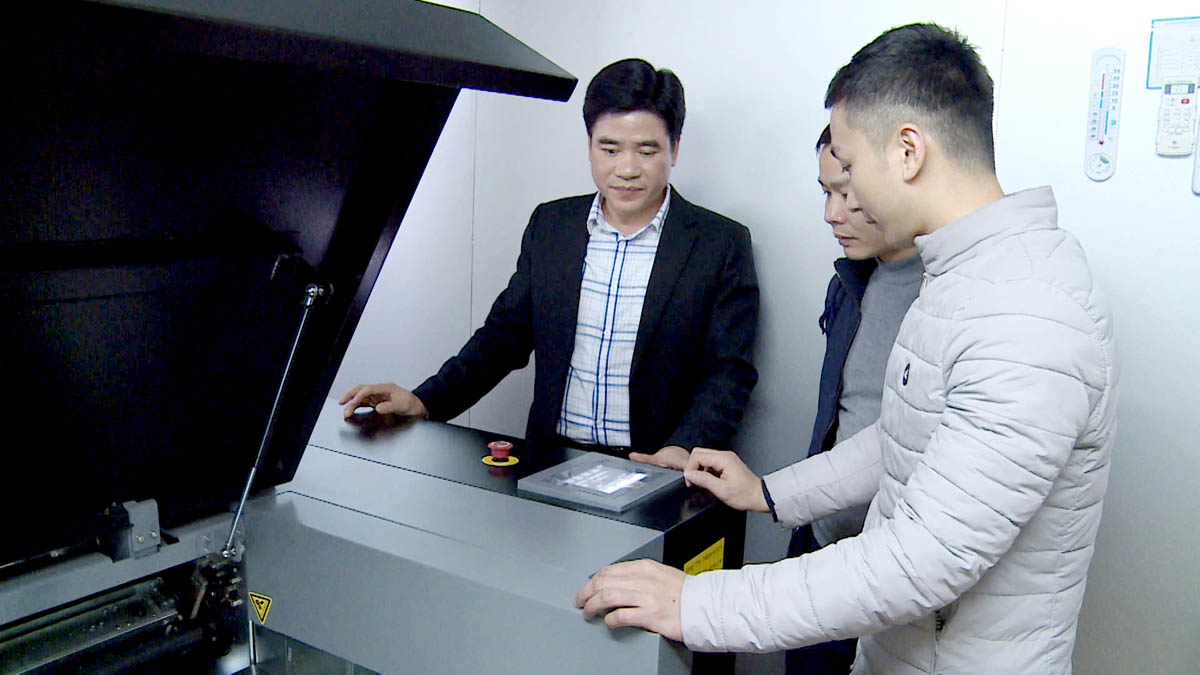 |
| The private economy is an important entity in the modern market economy. Photo: PV |
Despite its remarkable development, the private economy still faces many barriers that hinder its development, has not yet made a breakthrough in scale and competitiveness, and has not yet met the requirements and expectations of being the core force of the country's economy. Most enterprises are micro, small and medium-sized; their financial potential and management level are limited; most have low technological and innovation capacity; labor productivity, operational efficiency and competitiveness are not high; business thinking lacks strategic vision, lacks connection with state-owned enterprises and enterprises with foreign direct investment, etc.
Resolution 68 clearly states that the reasons for the above situation are that the thinking and awareness of the position and role of the private economy in the economy are still inadequate, not keeping up with development requirements; institutions and laws are still entangled and inadequate; leadership and direction have not received due attention. The private economy still faces many difficulties and obstacles in accessing resources, especially capital, technology, land, resources and high-quality human resources. Some preferential and support policies are not really effective and difficult to access; business costs are still high.
Faced with the above reality, in order to meet the requirements and demands of reality, the Politburo determined: The private economy is the most important driving force of the national economy, the pioneering force promoting growth, creating jobs, improving labor productivity, national competitiveness, industrialization, modernization, restructuring the economy towards green, circular, sustainable; together with the state economy, collective economy, the private economy plays a core role in building an independent, autonomous, self-reliant, self-reliant economy associated with deep, substantive, effective international integration, bringing the country out of the risk of falling behind and rising to prosperous development. The Politburo requires to completely eliminate perceptions, thoughts, concepts, and prejudices about the private economy; correctly assess the important role of the private economy in national development; foster and encourage the entrepreneurial spirit and innovation of people and businesses, respect businesses and entrepreneurs, and identify entrepreneurs as soldiers on the economic front. Ensure that the private economy competes equally with other economic sectors in accessing business opportunities and economic resources, especially capital, land, technology, human resources, data, etc.
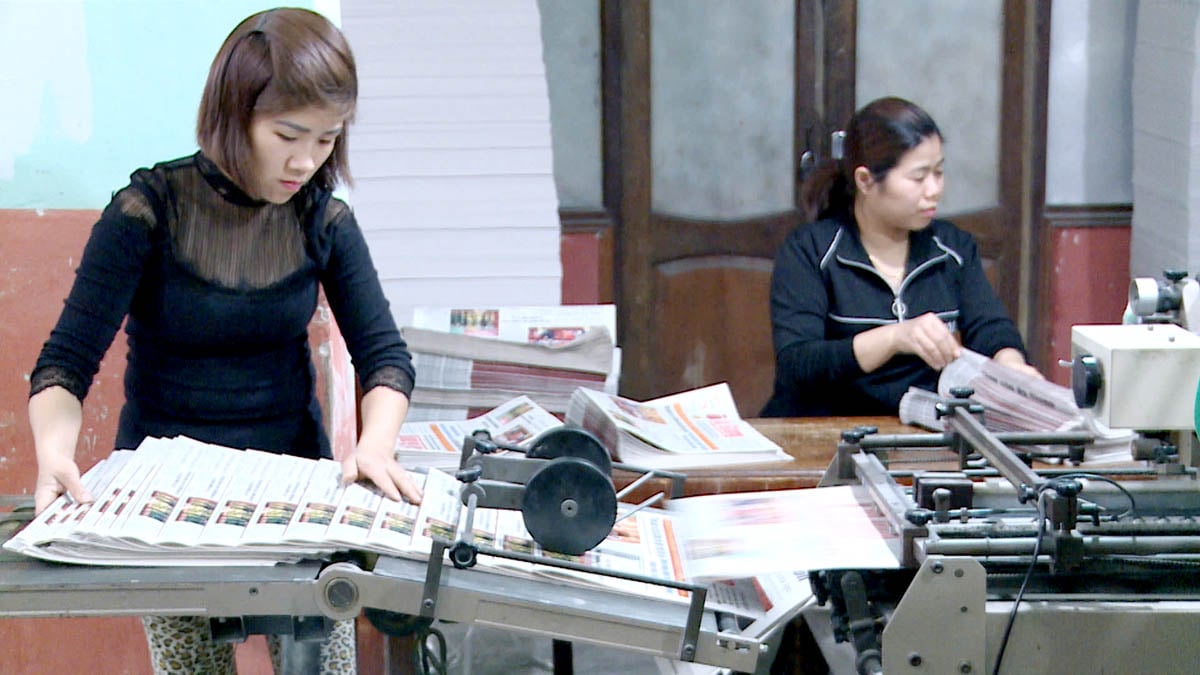 |
| Workers of Ha Giang Printing Joint Stock Company next to a modern production line. Photo: PV |
Clearly stating the above viewpoint, Resolution 68 sets a target of striving to have 2 million enterprises operating in the economy by 2030, 20 enterprises operating/thousand people. There are at least 20 large enterprises participating in the global value chain. The average growth rate of the private economy is about 10 - 12%/year, higher than the growth rate of the economy; contributing about 55 - 58% of GDP, about 35 - 40% of total state budget revenue, creating jobs for about 84 - 85% of the total workforce; labor productivity increases on average about 8.5 - 9.5%/year. The level, capacity of technology, innovation, digital transformation are among the top 3 countries in ASEAN and the top 5 countries in Asia. By 2045, the private economy will develop rapidly, strongly, sustainably, proactively participating in the global production and supply chain; have high competitiveness in the region and internationally; strive to have at least 3 million operating enterprises, contributing over 60% of GDP.
To achieve the set goals, the Politburo requires the synchronous implementation of 8 groups of tasks and comprehensive solutions, from institutional reform, resource access, capacity building to building a transparent and competitive business environment. In particular, it is necessary to innovate the thinking of building and organizing law enforcement, ensuring that the economy operates according to the socialist-oriented market mechanism, using market tools for regulation; minimizing intervention and eliminating administrative barriers, the "ask - give" mechanism, the "can't manage, then ban" mindset. At the same time, perfecting the legal system, eliminating barriers to market access, ensuring a business environment that is open, transparent, clear, consistent, long-term stable, easy to comply with, and low cost. In 2025, it is necessary to cut at least 30% of the time to process administrative procedures; 30% of the cost of legal compliance; 30% of current business conditions.
Resolution 68 also emphasizes the need to shift from a public administration and management-based system to one that serves and creates development, with people and businesses at the center; modernizes public administration and data-based administration. Implements market mechanisms, does not discriminate between enterprises of all economic sectors in mobilizing, allocating and using capital, land, resources, assets, technology, human resources, data and other resources. Has special mechanisms and policies to support small and medium-sized enterprises, ensuring compliance with market principles and international commitments; abolishes business license fees; exempts corporate income tax for small and medium-sized enterprises in the first 3 years of establishment. Ensures and effectively protects ownership rights, freedom of business, property rights, equal competition rights and ensures contract enforcement of the private economy. At the same time, facilitates the private economy's access to resources of land, capital and high-quality human resources. The State has a policy of reducing at least 30% of land rental fees for these subjects within the first 5 years from the date of signing the land lease contract...
GO TO WAR
Source: https://baohagiang.vn/kinh-te/202505/xoa-bo-moi-rao-can-thuc-day-phat-trien-kinh-te-tu-nhan-8ff01b6/


![[Photo] Determining the pairs in the team semi-finals of the National Table Tennis Championship of Nhan Dan Newspaper](https://vphoto.vietnam.vn/thumb/1200x675/vietnam/resource/IMAGE/2025/5/21/eacbf7ae6a59497e9ae5da8e63d227bf)
![[Photo] Scientific workshop "Building a socialist model associated with socialist people in Hai Phong city in the period of 2025-2030 and the following years"](https://vphoto.vietnam.vn/thumb/1200x675/vietnam/resource/IMAGE/2025/5/21/5098e06c813243b1bf5670f9dc20ad0a)
![[Photo] Prime Minister Pham Minh Chinh receives Rabbi Yoav Ben Tzur, Israeli Minister of Labor](https://vphoto.vietnam.vn/thumb/1200x675/vietnam/resource/IMAGE/2025/5/21/511bf6664512413ca5a275cbf3fb2f65)


![[Photo] Prime Minister Pham Minh Chinh receives the President of Asia-Pacific region of PowerChina Group](https://vphoto.vietnam.vn/thumb/1200x675/vietnam/resource/IMAGE/2025/5/21/0f4f3c2f997b4fdaa44b60aaac103d91)
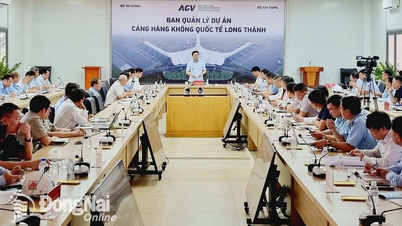





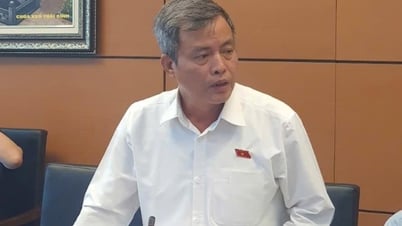

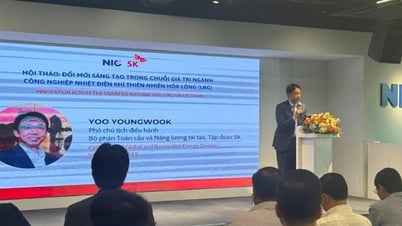
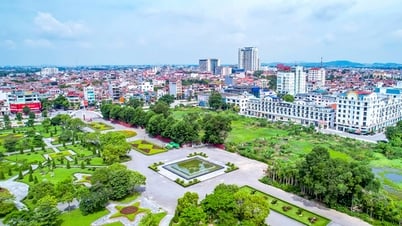





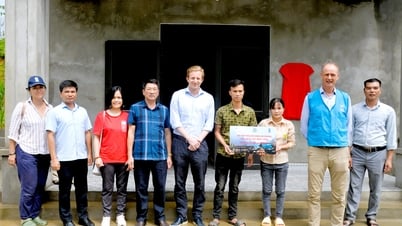
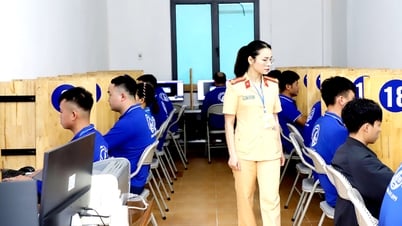


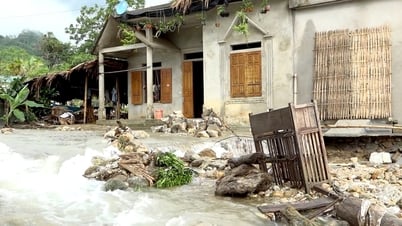
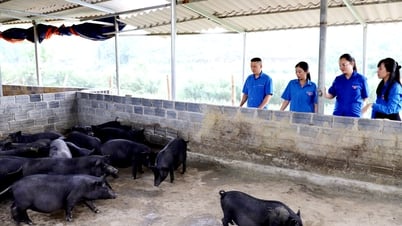






























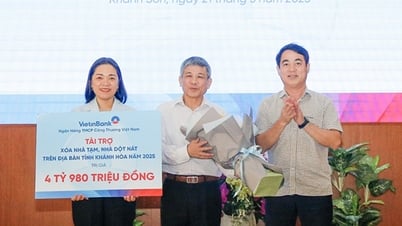




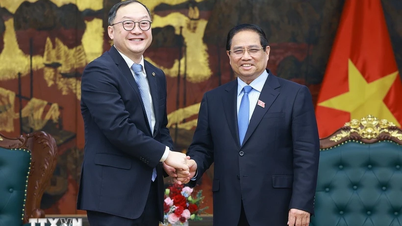
















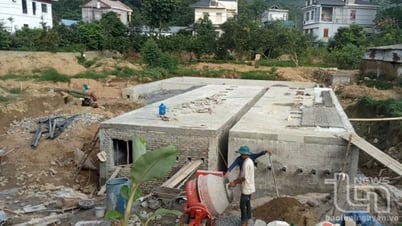









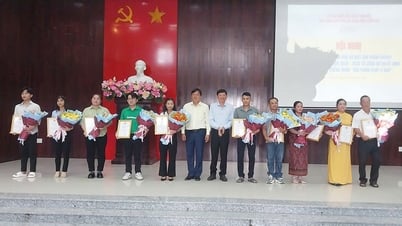

Comment (0)